📚 10 Books mentioned in "David Wolpe: Judaism | Lex Fridman Podcast #270" of Lex Fridman Podcast
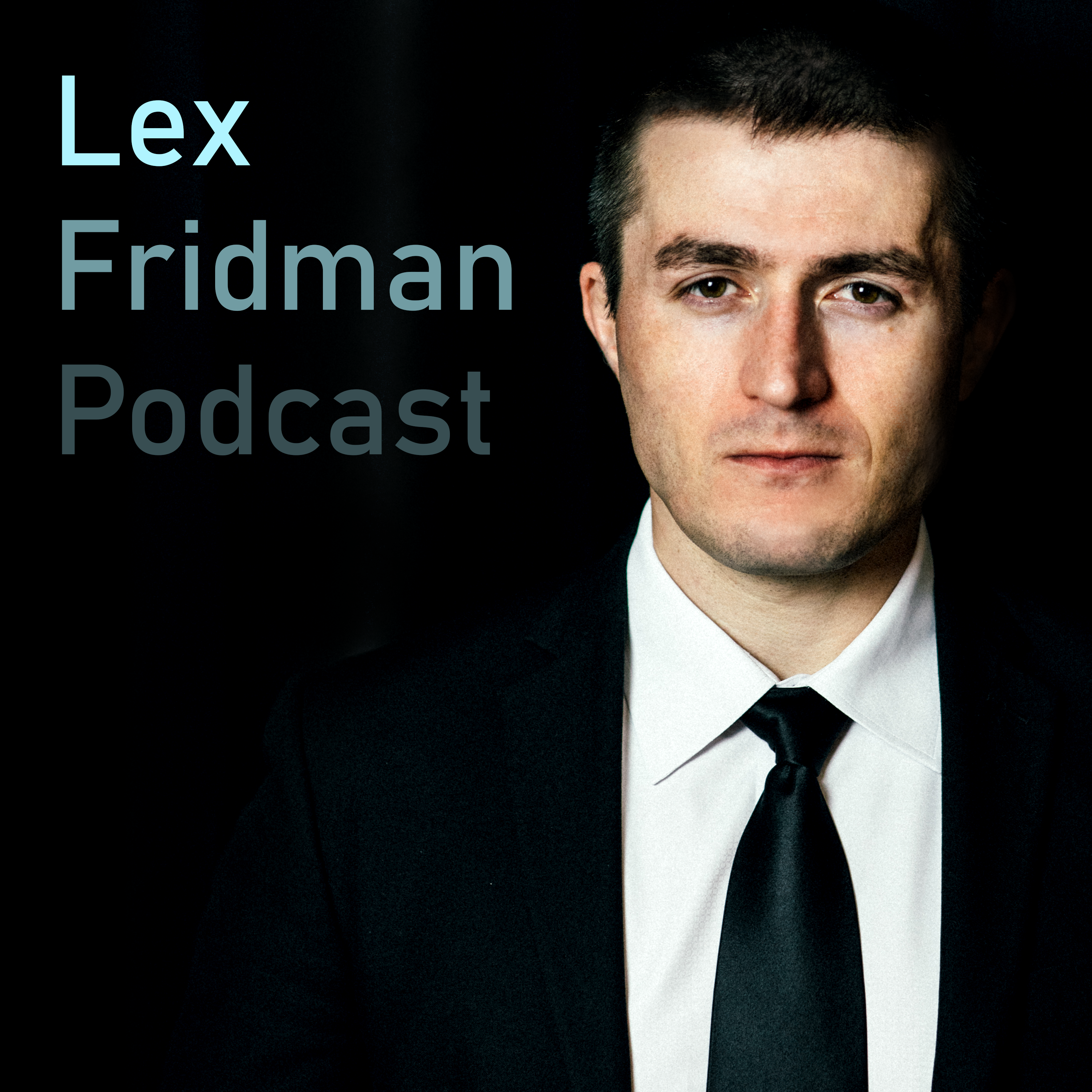
Podcast: Lex Fridman Podcast
Episode: David Wolpe: Judaism | Lex Fridman Podcast #270
Published on March 16, 2022
Here’s a list of all the books mentioned in this episode. Click on the links to watch specific excerpts on YouTube and feel free to purchase the books if they caught your interest!
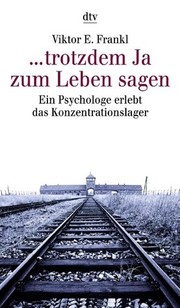
... Trotzdem Ja zum Leben sagen
Buy ... Trotzdem Ja zum Leben sagen by Viktor E. Frankl on Amazon
In terms of the books that most influenced me, one of them is Viktor Frankl's "Man's Search for Meaning." I also really love Heschel's "The Sabbath." I think it's a beautiful book.
David Wolpe discusses how Viktor Frankl's book, "Man's Search for Meaning," is one of the most influential books in his life, along with Heschel's "The Sabbath," which he also expresses admiration for.
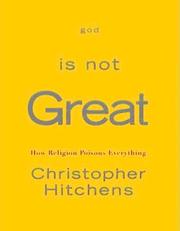
God Is Not Great
Buy God Is Not Great by Christopher Hitchens on Amazon
So, for example, the idea that you would call a book 'Religion Poisons Everything'—I think he did that deliberately and provocatively so that he could defend a proposition that obviously is indefensible: that it poisons everything.
David Wolpe discusses Christopher Hitchens' book 'Religion Poisons Everything,' pointing out that the title is deliberately provocative and intended to support a controversial claim about the impact of religion.
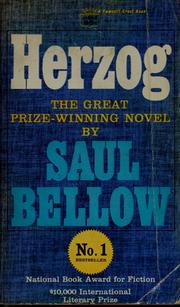
Herzog
Buy Herzog by Saul Bellow on Amazon
I also love Saul Bellow, especially 'Herzog.' But that's a very different kind of thinking—person's novel. I read a lot of mysteries, and a lot of other kinds of fiction and literature.
David Wolpe expresses his admiration for Saul Bellow, particularly his novel 'Herzog', noting the contrast in narrative style between 'Herzog' and other works like 'Middlemarch'.
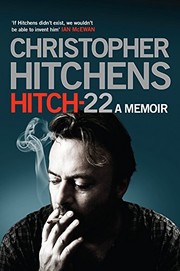
Hitch-22
Buy Hitch-22 by Christopher Hitchens on Amazon
His autobiography, 'Hitch 22,' is a great read and I just want to say what you discover there. I don't know if I'm giving too much away by telling the story—spoiler alert—what you discover there is that his mother ran away with a minister or a priest, and they died in what seemed like a suicide pact.
David Wolpe highlights Christopher Hitchens' autobiography 'Hitch 22', recommending it as an excellent read while sharing an important aspect of Hitchens' life, particularly focusing on a significant event involving his mother.
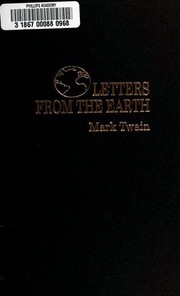
Letters from the Earth
Buy Letters from the Earth by Mark Twain on Amazon
One is that every image of what it's like is foolish; like Mark Twain has in 'Letters from the Earth' says, 'We're going to lie on green fields and listen to harp music,' which you wouldn't want to do for five minutes while you're alive, but you think you'll be happy for the rest of eternity doing it after you die?
In this segment, David Wolpe references Mark Twain's 'Letters from the Earth' to emphasize the absurdity of traditional portrayals of the afterlife. He critiques the notion that one could find happiness in such depictions, arguing that they are unrealistic and foolish.
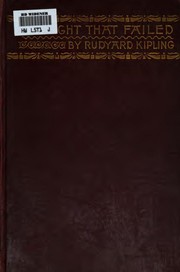
The light that failed
Buy The light that failed by Rudyard Kipling on Amazon
Like the poem 'If' by Rudyard Kipling says, 'If you can talk with crowds and keep your virtue, or walk with kings, nor lose the common touch; if neither foes nor loving friends can hurt you; if all men count with you, but none too much,' this is a really, really important thing to me that I try to live by: that all human beings count with me.
Lex quotes a line from the poem 'If' by Rudyard Kipling, expressing that it represents an important ideal he strives to live by, highlighting the significance of valuing all human beings.
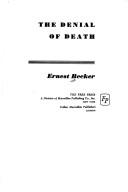
The Denial of Death
Buy The Denial of Death by Ernest Becker, Ernest Becker on Amazon
First of all, I would say when I was in high school, I think my father actually encouraged me to read this book. I read Ernest Becker's 'Denial of Death,' which I found, and still find, to be one of the most profound works I’ve ever come across.
David Wolpe recalls that during high school, his father encouraged him to read Ernest Becker's 'Denial of Death,' a book he considers profoundly influential on his understanding of society and mortality.
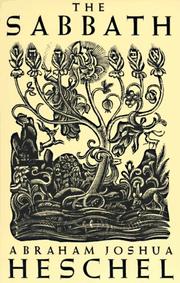
The Sabbath
Buy The Sabbath by Abraham Joshua Heschel on Amazon
I also really love Heschel's "The Sabbath." I think it's a beautiful book. It's a very short book, just as Frankl's book is.
David Wolpe discusses the book "The Sabbath" by Abraham Joshua Heschel, describing it as a beautiful and concise work that shares a similar brevity to Viktor Frankl's "Man's Search for Meaning."
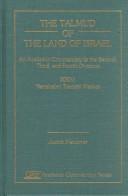
The Talmud of Babylonia
Buy The Talmud of Babylonia by Jacob Neusner on Amazon
Yeah, well, the Torah is the five books of Moses written in Hebrew. Most modern rabbis, non-orthodox or non-literalist rabbis, will tell you that it's a product of human beings, and I believe that they are inspired by God.
David Wolpe discusses the Torah, which consists of the five books of Moses, and shares his perspective that while it is a human creation, it carries divine inspiration.
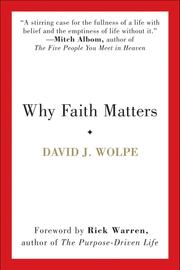
Why Faith Matters
Buy Why Faith Matters by David J. Wolpe on Amazon
Yeah, you wrote in your book 'Why Faith Matters': 'Walt Whitman wrote that in order for there to be a great book, there must be great readers.' For a book to remain powerful throughout generations, it cannot have a single meaning; scripture, like great poetry, is not reducible to other words.
Lex quotes David Wolpe from his book 'Why Faith Matters', which addresses the qualities that contribute to a book's greatness. He references Walt Whitman's assertion that for a book to endure, it requires great readers and emphasizes that scripture, much like profound poetry, should be open to various interpretations across generations.
